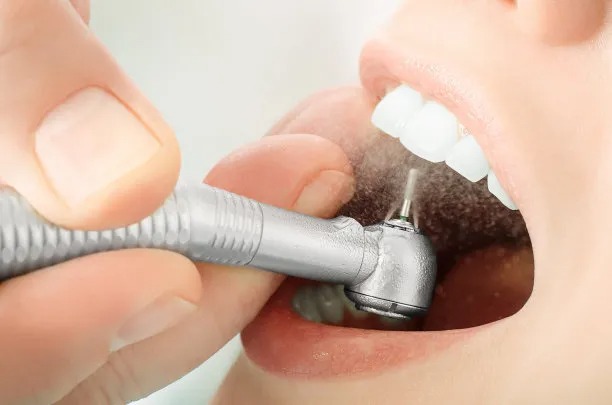Essential Guidelines to Follow Before and After Your Dental Filling Appointment for Optimal Oral Health Maintenance
Summary: Dental fillings are essential for maintaining optimal oral health, and knowing what to do before and after your appointment can greatly enhance the effectiveness of the procedure and your overall well-being. This article outlines crucial guidelines to follow leading up to and following your dental filling appointment. It covers pre-appointment preparations, what to expect during the procedure, post-appointment care, and tips for ongoing oral health maintenance. Each section provides valuable insight to ensure you are well-prepared for your procedure and can recover effectively, leaving you with a healthier smile.
1. Key Preparations Before Your Dental Filling

Before your dental filling appointment, proper preparations are key to ensuring a smooth experience. Firstly, inform your dentist about your medical history, including current medications and any allergies. This information helps them choose the best anesthetic and filling material, ensuring your safety and comfort during the procedure.
Another important step is to manage your anxiety about the appointment. Many individuals experience dental anxiety, which can make the experience more stressful. Techniques such as deep breathing, visualization, or even discussing your concerns with the dentist can mitigate this anxiety and make the visit more pleasant.
Lastly, schedule your appointment at a time when you can dedicate a few hours to yourself. Avoid scheduling on a day packed with commitments. This will allow you to arrive calm and collected, while also providing ample time to rest afterward as your mouth may feel sore or numb post-procedure.
2. Understanding the Filling Procedure Itself
Understanding what happens during the dental filling procedure can alleviate some fears you may have. Upon arrival, your dentist will assess the cavity and may take X-rays to check the extent of the damage. They will then apply a local anesthetic to dull sensation in the affected area.
Once you are numb, the dentist will begin the process of removing decayed tissue from the tooth. Following this, they will clean the cavity and fill it with the selected material鈥攃omposite resin, silver amalgam, or gold. Each type has different properties, so be sure to discuss these options beforehand.
Finally, the dentist will shape and polish the filling to ensure comfort and a natural appearance. After the procedure, you may feel a little tenderness or sensitivity, which is normal and typically resolves in a few days. Your understanding of the procedure can help you stay relaxed and informed throughout your appointment.
3. Post-Appointment Guidelines for Recovery
After your filling, its crucial to take care of your oral health to ensure the best recovery. Following your appointment, avoid eating or chewing for at least two hours鈥攅specially when you are still numb. This helps prevent accidental biting of your cheek or tongue.
When you begin eating again, choose soft foods and steer clear of extremely hot or cold items that could shock your newly filled tooth. Gradually reintroducing more regular food allows for a smoother recovery, minimizing any discomfort during the initial stages.
Additionally, maintain excellent oral hygiene practices. Be gentle while brushing your teeth, and floss around the filling to keep the area clean and prevent any potential decay nearby. Regular check-ups with your dentist are also important to monitor the filling and any other aspects of your oral health.
4. Long-Term Care for Your Oral Health
Long-term dental care plays a vital role in your oral health post-filling. Adopting good brushing and flossing habits can significantly reduce the need for future fillings. Make it a point to brush twice daily and floss regularly, as this helps to remove plaque and food particles that may accumulate around the filling.
Regular dental visits鈥攁t least twice a year鈥攁re essential for maintaining oral health. Your dentist will perform thorough cleanings and check-ups, identifying any issues before they turn into more serious problems. This proactive approach can save you time, pain, and expense in the long run.
Moreover, consider your diet as an important factor in long-lasting oral health. Reducing your intake of sugary snacks and drinks can decrease the likelihood of decay. Instead, opt for balanced, nutritious options that support both your oral and overall health.
Summary:
This article outlines essential guidelines for optimizing your dental health before and after a filling appointment. By following these tips, you can ensure a positive experience and better recovery, while also promoting long-term oral health.
This article is compiled by Vickong Dental and the content is for reference only



